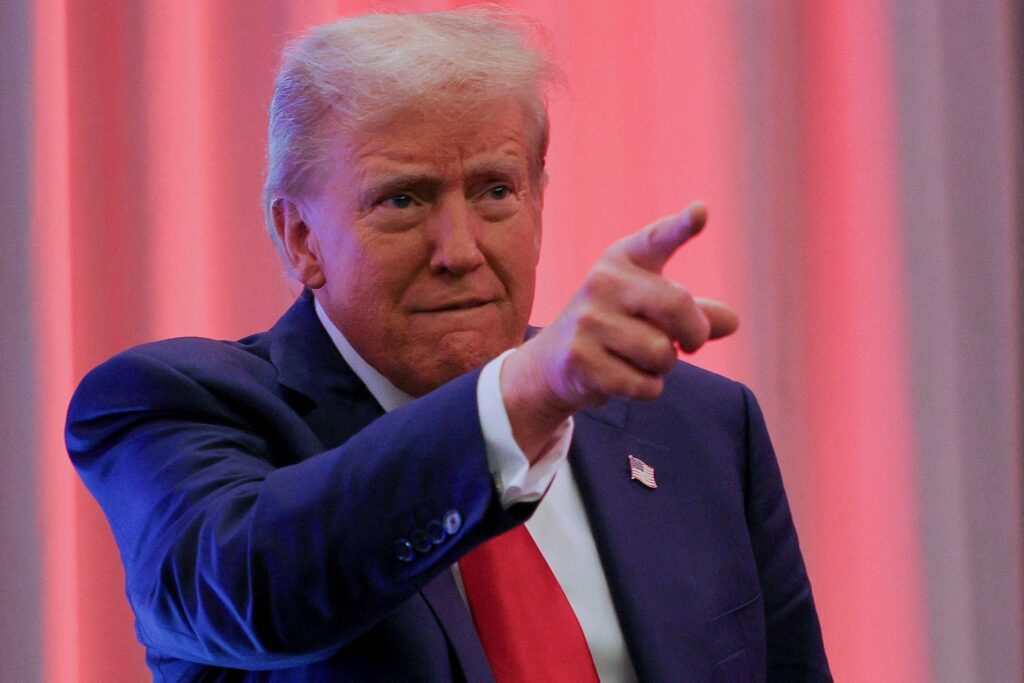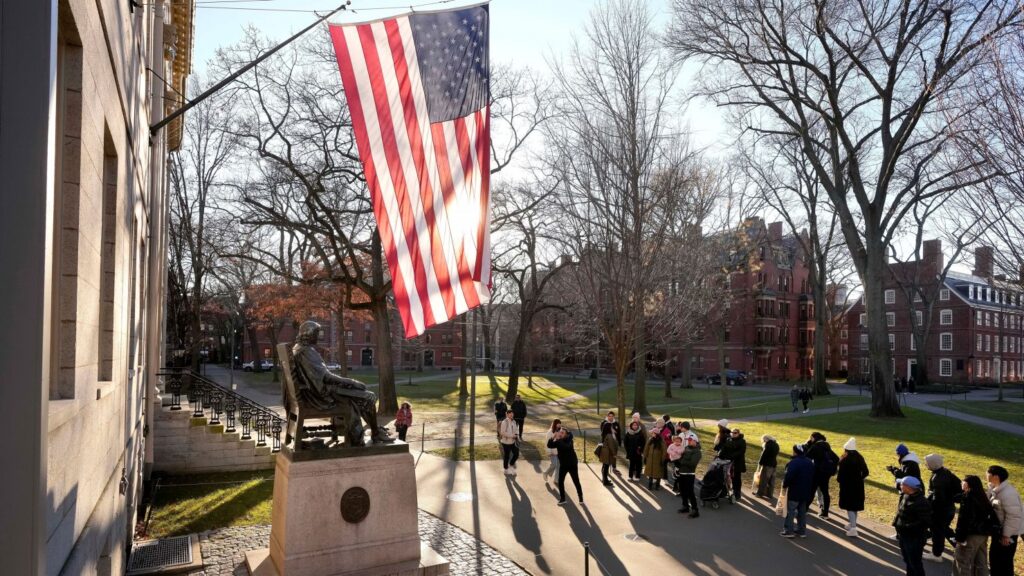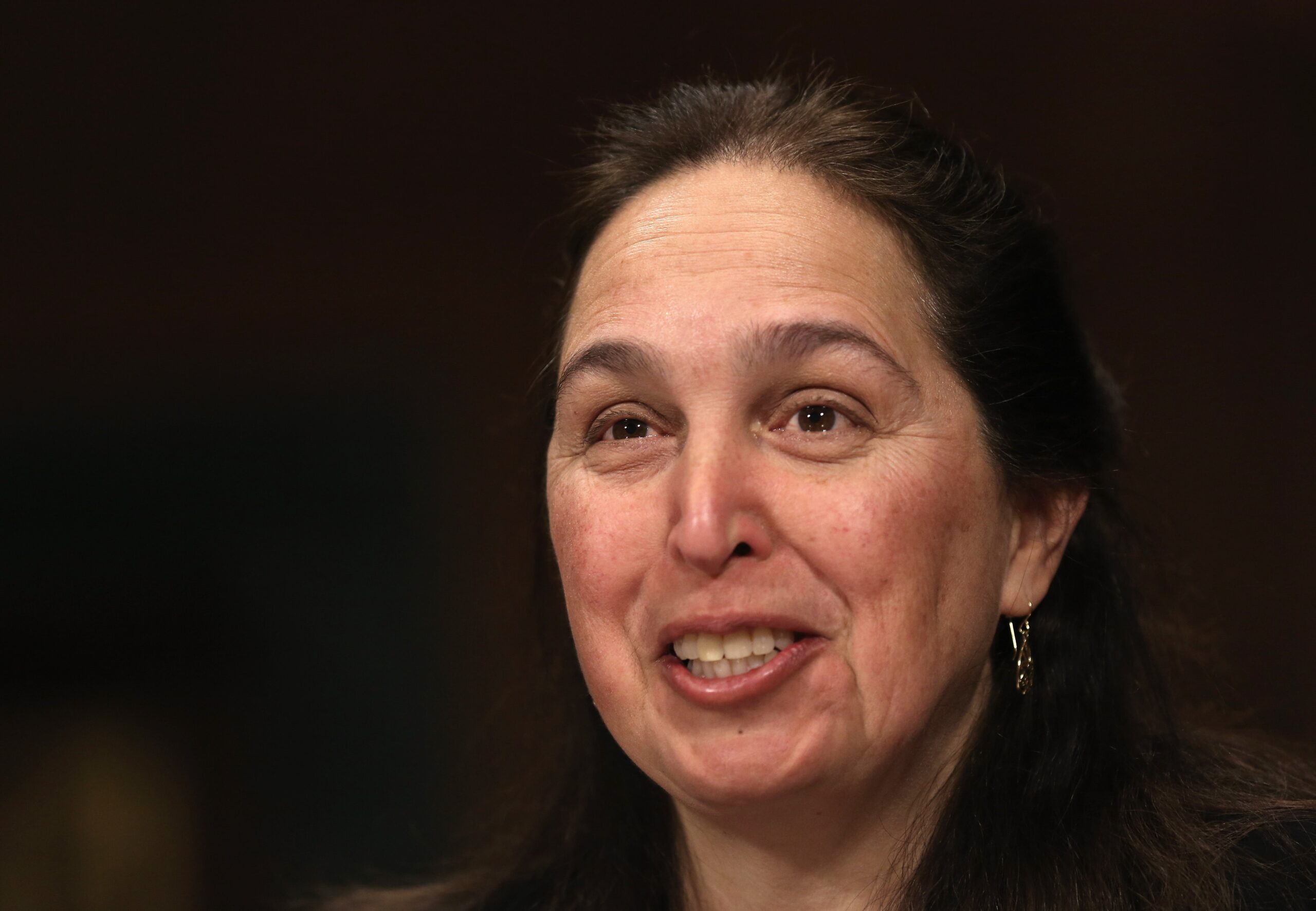Now Reading: Trump Administration Freezes $2.3B in Harvard Funding Amid Explosive Freedom Battle
-
01
Trump Administration Freezes $2.3B in Harvard Funding Amid Explosive Freedom Battle
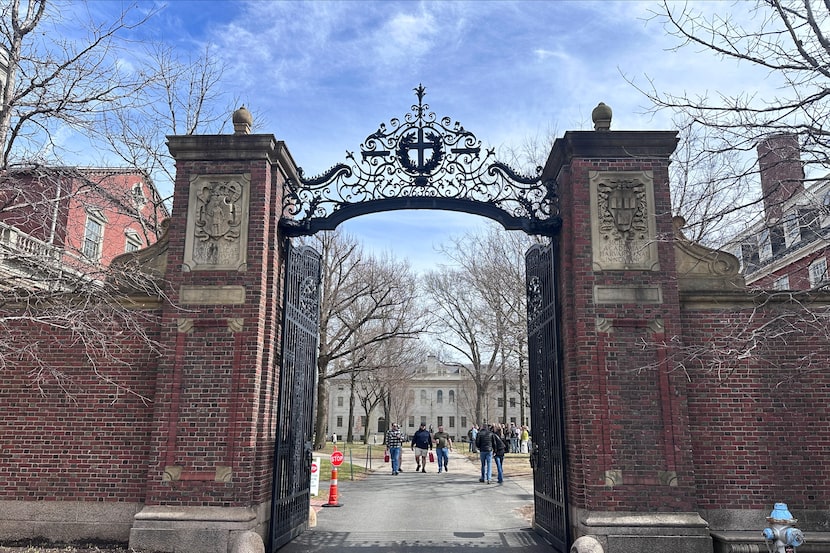
Trump Administration Freezes $2.3B in Harvard Funding Amid Explosive Freedom Battle
Harvard Stands Firm Against Trump Administration in Billion-Dollar Showdown
In a stunning confrontation that’s sending shockwaves through the academic world, Harvard University has dramatically rejected demands from the Trump administration that would have effectively placed the elite institution under government control. The immediate response from Washington? A staggering $2.3 billion freeze on federal funding to the university.
The high-stakes standoff represents a major escalation in what many see as an ideological battle over the future of America’s prestigious universities. At the center of the dispute is the administration’s claim that Harvard has fostered antisemitism on campus during pro-Palestinian protests.

“Troubling Entitlement” vs. Academic Independence
On Monday, a Department of Education task force delivered a scathing assessment of Harvard, accusing the institution of exhibiting a “troubling entitlement mindset” common among elite American universities. The administration argued that continued federal support should be contingent on universities upholding civil rights laws according to the administration’s interpretation.
Harvard President Alan Garber didn’t mince words in his public response, stating that complying with the government’s demands would effectively allow federal officials “to control the Harvard community” and compromise the university’s core values.
“No government — regardless of which party is in power — should dictate what private universities can teach, whom they can admit and hire, and which areas of study and inquiry they can pursue,” Garber wrote in his forceful defense of academic independence.
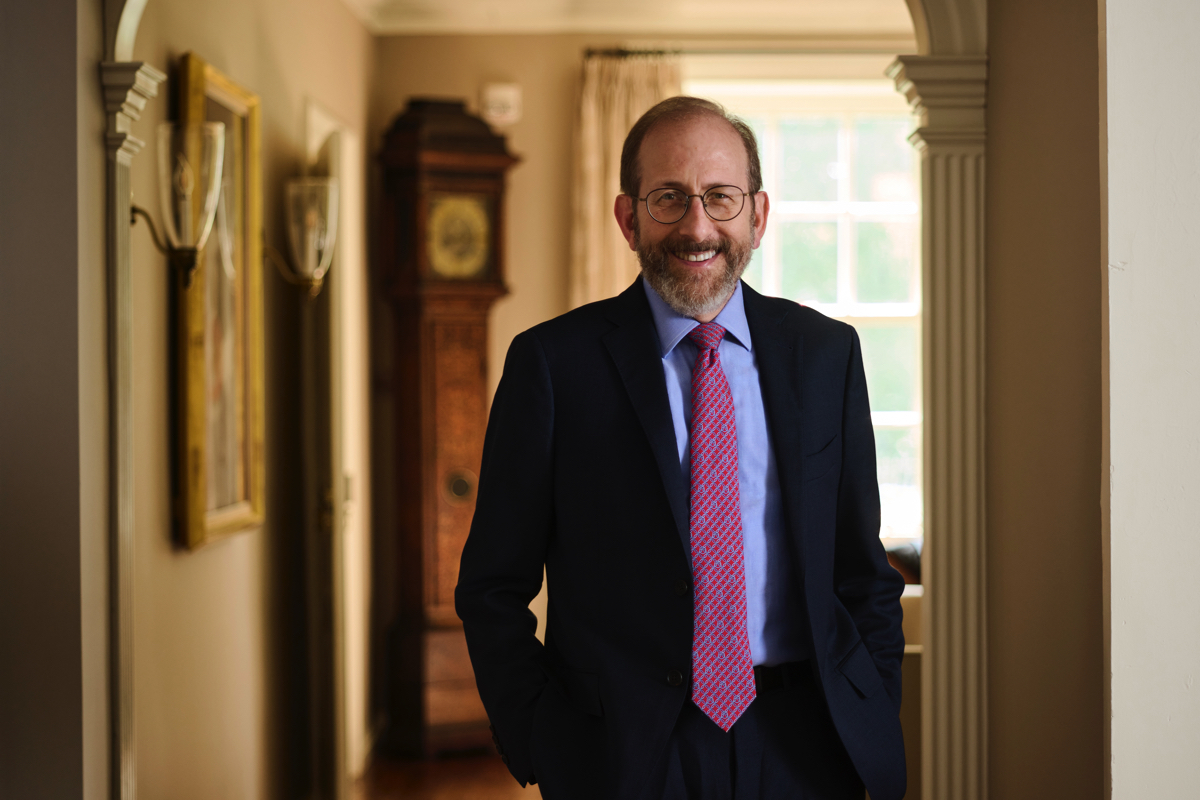
The $9 Billion Question: What Does the Administration Want?
The funding freeze is part of a broader review initiated last month targeting a whopping $9 billion in federal contracts and grants awarded to Harvard. This financial pressure campaign comes after months of tension regarding campus protests related to the Israel-Hamas conflict.
White House spokesman Harrison Fields defended the administration’s actions, stating that they aim to “Make Higher Education Great Again” by ending what they characterize as “unchecked antisemitism” on campus and ensuring taxpayer funds aren’t supporting racial discrimination or politically motivated violence.
The demands outlined in a recent Department of Education letter are striking in their scope. Harvard would be required to:
• Reduce the influence of faculty “more committed to activism than scholarship”
• Conduct external audits of departments to ensure “viewpoint diversity”
• Halt all preferences based on race, color, or national origin
• Screen international applicants for alignment with “American values”
• Report foreign students who violate conduct rules to immigration authorities
The Broader Attack on Elite Education
Harvard isn’t alone in facing this unprecedented pressure. Several other top universities have already had hundreds of millions in funding suspended, with Columbia University losing $400 million in federal support while facing similar demands for policy changes.
The administration has also taken direct action against students involved in campus protests, placing some foreign participants in deportation proceedings and revoking hundreds of student visas.
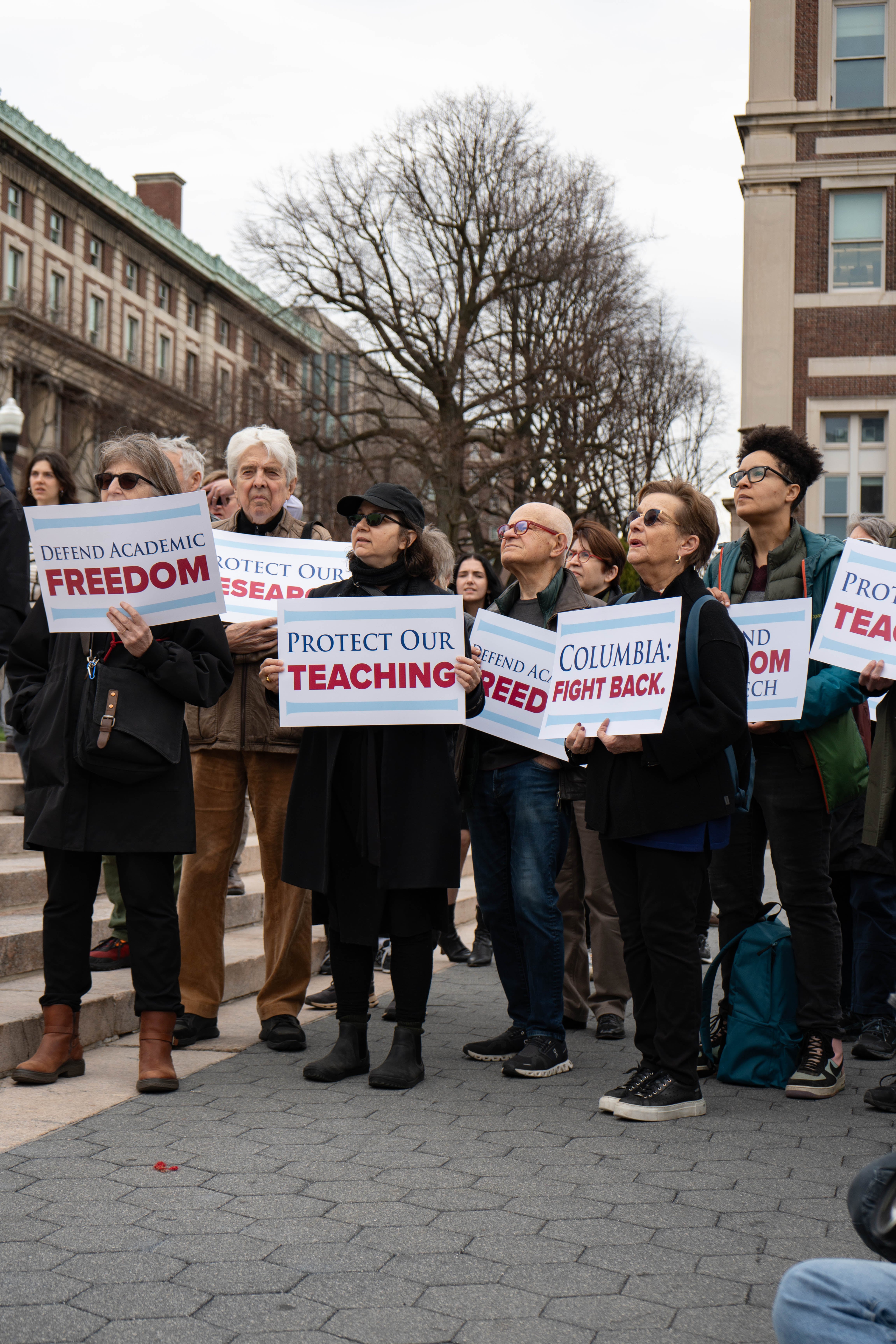
Harvard’s Financial Countermove
Facing a potential financial crisis, Harvard has already begun seeking alternatives to federal funding. The university is reportedly approaching Wall Street to borrow $750 million to ease the immediate strain of the funding freeze.
Meanwhile, a group of Harvard professors has filed a lawsuit challenging the administration’s sweeping review of the university’s federal funding, setting the stage for what could be a landmark legal battle over government influence in higher education.
“The University will not surrender its independence or relinquish its constitutional rights,” Garber emphasized, while acknowledging that Harvard is actively working to address concerns about antisemitism on campus through other means.
A Battle Beyond Harvard: What’s at Stake for American Higher Education
This high-profile confrontation raises profound questions about the relationship between government and universities in America. Critics argue the administration’s approach represents an unprecedented intrusion into academic freedom, while supporters maintain that universities receiving billions in taxpayer dollars must be held accountable.
Earlier this year, Harvard agreed to implement new protections for Jewish students under a legal settlement addressing allegations that the campus had become a hub for antisemitism. However, the university maintains that further compliance with federal demands would fundamentally compromise its independence.
As this extraordinary power struggle unfolds, the outcome could reshape the landscape of American higher education for generations to come. The question remains: will Harvard’s stand inspire other universities to resist, or will financial pressure ultimately force compliance with the administration’s vision for academia?
:max_bytes(150000):strip_icc()/Lowell_House_Harvard_aerial-ee0dc42e7b024f9aa5eee7945d426490.jpg)


